Faculty Job: Myths & Realities – an interview with Santosh Satbhai
About you
Describe your journey from student to newly appointed faculty
I grew up in country side during my childhood and schooling. I graduated from University of Pune, India with a degree in Biochemistry. I then moved to Japan and started my PhD with D. Setsuyuki Aoki at Nagoya University, Japan where I worked on moss (Physcomitrella) and Arabidopsis comparative genomics. After I got my PhD degree, I moved to Vienna (Austria) in the Gregor Mendel Institute as a postdoc with Dr. Wolfgang Busch where we worked towards understanding links between genetics, environmental change, and phenotypic variation using Arabidopsis. In 2017, I moved to SALK Institute ( La Jolla, CA, USA) with Wolfgang as a Research Associate. In 2018, I returned to my home country (India) as an independent PI at Indian Institute of Science Education and Research (IISER) Mohali. I am right now busy in undergraduate teaching and getting more funding to get my lab up and running.
What is the major focus of your research team?
Currently, I have a few diverse projects going on in addition to still wrapping up my postdoc work. In summary, our major research focus is to understand the signaling pathways that modulate plant development in response to environmental stimuli and stresses. In particular, we focus on the effects of nutrient starvation, high temperature, cold temperature, salinity, and drought on root system architecture (RSA) using Arabidopsis plants.
Which conferences do you regularly attend?
I always like Plant Biology meetings and thanks to my postdoc mentor Wolfgang for his constant support I was able to attend several Plant Biology meetings. I also enjoyed participating in Arabidopsis (ICAR) meetings. Regionally, I plan to attend regularly the Indian Plant Physiology meetings and meetings organized by the Indian Society of Developmental Biologists (InSDB) and the Indian Society of Cell Biology. I will also try to attend 20th International Symposium on Iron Nutrition and Interactions in Plants ( ISINIP) in France (June 2020).
About your job hunt
How long did it take you from the beginning of searching faculty jobs to get one?
I started planning for the faculty search in 2015-16 (4/5 years into my postdoc). In my second year on the job market, I had three campus interviews in India and two campus interviews in China. Out of five, I have received 3 offers. In April 2018 I accepted the offer from Indian Institute of Science Education and Research (IISER) Mohali and started in July of that year.
During your job hunt, what did you learn about yourself or about the process of finding an academic job?
Many colleagues and scientists will tell you that you need either CNS paper or influential mentors, do not get discourage and just ignore them. If you believe in yourself everything is possible. You have to believe in yourself.
Many colleagues and scientists will tell you that you need either CNS paper or influential mentors, do not get discourage and just ignore them. If you believe in yourself everything is possible. You have to believe in yourself.
Based on your experiences and the feedback you got during the job search, what do you think are key skills and accomplishments that a successful candidate must demonstrate?
– Strong CV
– Potential to be a good colleague and scientist
– Ability to contribute to teaching
Which published paper was the most influential for your career or getting the faculty job?
I don’t think there was a single paper that was especially influential for my career.
Advice for job applicants
Beyond your research and publications, how did you prepare for the academic job hunt during your postdoc?
– Attend seminars and interact with invited speakers: I was lucky to be at Gregor Mendel Institute (GMI) during my postdoc where almost every week we had invited talks which I used to attend. My personal interactions with invited speakers broaden my horizons tremendously.
– Networking: Get out of your comfort zone. Networking within and outside institute is the key. I am glad to say that I have broad network of colleagues from all over the world with whom I still interact.
– Be active on social media (e.g twitter)
How did you prepare for the actual job hunt? How did you identify potential opportunities, prepare your application materials, and prepare for interviews?
– Always seek feedback: Talk to people from diverse background. Let others review your application.
– Practice your seminar and chalk talk again and again.
– Be polite during one to one meetings.
About you as a faculty member
What were the initial challenges to starting your own lab?
Administrative tasks were major challenges in the beginning, however I had lot of help from my department colleagues at IISER Mohali which made things easier. I am still busy and struggling to set up the fully equipped lab even more than one year after moving to IISER Mohali. Hiring good students and/or postdocs is very crucial for any group, so far I am fortunate to have sincere and hardworking students and postdoc in the group. Currently there are four PhD students, three undergraduate students and one postdoc in the lab, I am busy organizing the lab and training everyone to get their projects up and running.
What qualities do you look for when recruiting for your lab?
Firstly, I look for people with genuine interest in our research area. I also look for people who can come up with their own ideas and most importantly who can become a good team member.
How do you manage “work-life balance” as a faculty?
There is no perfect solution (in my opinion) for work-life balance as a faculty. However, since I became a father last year I am trying hard (so far so good) to balance my life and work.
Whom do you like to thank for supporting and inspiring you along this journey?
Absolutely my parents and my wife (Sonali) for their constant and unconditional support. I would like to mention my PhD guide Dr. Setsuyuki Aoki and mentors Prof. Takeshi Mizuno and Dr. Takafumi Yamasino from Nagoya University for their valuable guidance during my PhD study in Japan. I would like to especially mention my postdoc mentor Wolfgang Busch (SALK Institute, USA) for his great support and constant motivation during my long association with him. It is also privilege to have great collaborators, especially Youssef Belkhadir (GMI, Vienna) and Hatem Rouached (INRA, Montpellier, France) who also provides me great mentorship and support.
I also want to thank everyone who crossed my path, especially all the negative encounters as they taught me how not to behave with others.
If prospective students and postdocs want to reach you, where can they contact you and read about your work?
Email: [email protected]
Website: https://www.iisermohali.ac.in/…
Twitter: @santosh7bhai


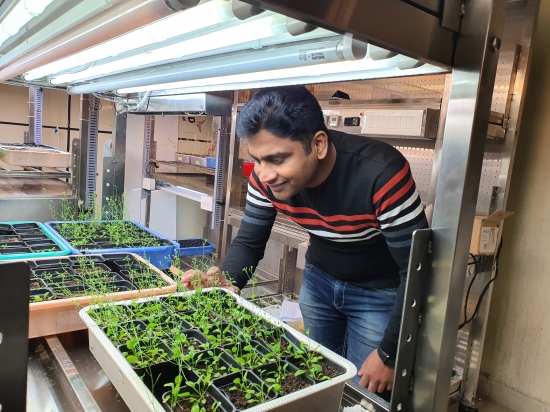
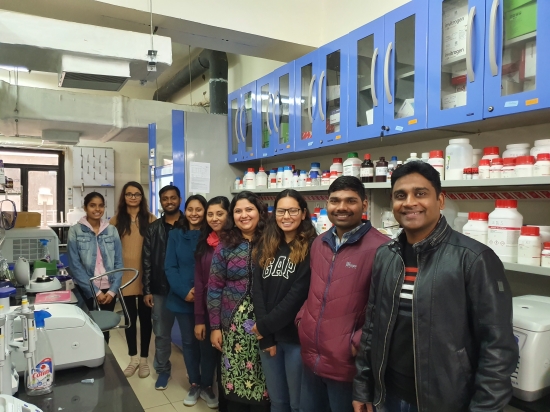
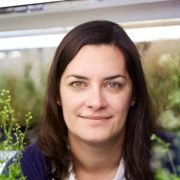
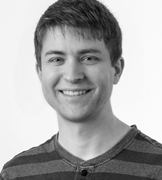

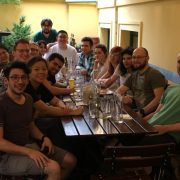
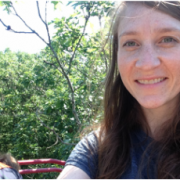
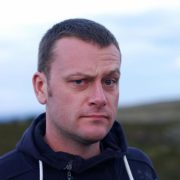


Leave a Reply
Want to join the discussion?Feel free to contribute!